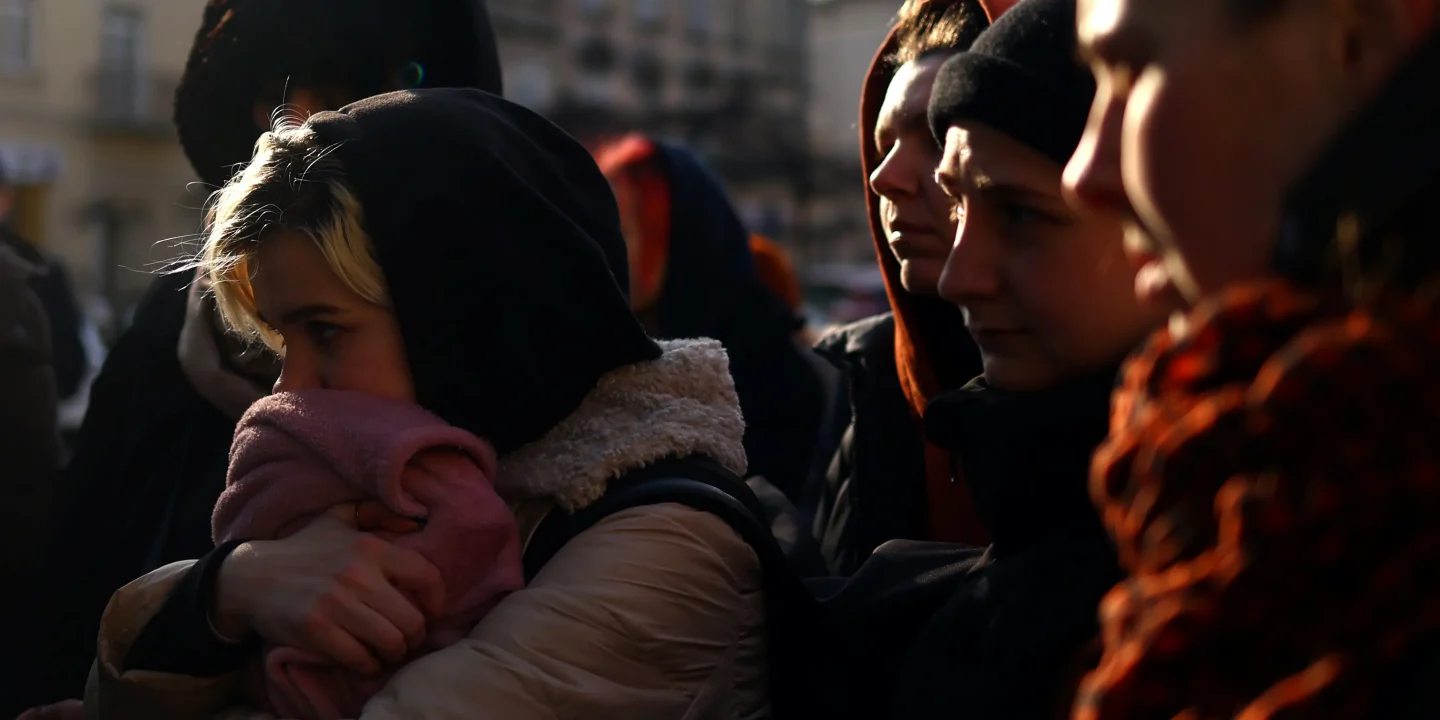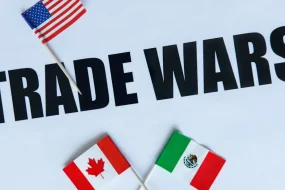
The German government announced stricter migration and security policies in the wake of a knife. EU country is legally responsible for them under the Dublin Regulation. And planning is to increase the number of individuals returned to the EU country responsible for them. They made the deportations easier, in part by decreasing the threshold for crimes. It could result in deportation or disqualification from asylum or refugee status.
Debate Over Turning Refugees Away at the Border

There is debate over whether it is legally possible to turn refugees away at the German border. The opposition CDU/CSU party argues to allow under Article 72 of the EU Treaty if “the security and order of our country can no longer be guaranteed.” However, legal experts are divided on the legality of this approach, with some saying it could violate Germany’s constitution and international obligations, while others believe Germany could win a case at the European Court of Justice.
Increasing Deportations and Reducing Asylum Benefits

The German government is aiming to increase deportations, with plans to deport more rejected asylum applicants. This includes ending advance notice of deportations and extending asylum detention to 28 days. Additionally, welfare payments for asylum seekers will only be available after 3 years, rather than the current 18 months, and the cost of food will be deducted for those living in state housing.

Expanding Skilled Labor Immigration
Conditions are getting harder for asylum-seekers, recent reforms aim to make it easier for skilled workers to immigrate to Germany. It includes a new points-based system, lowering income requirements, and allowing foreigners to come directly to Germany and start working when their qualifications are being approved. EU also expands the EU Blue Card program to cover more sectors.

Ongoing Debate and Evolving Policy
The changes to Germany’s refugee and asylum policies have sparked ongoing debate, with the opposition CDU/CSU calling for even stricter measures, and the governing coalition resists breaking international and constitutional obligations. As Germany grapples with the political and social challenges of migration, its policies continue to evolve.












